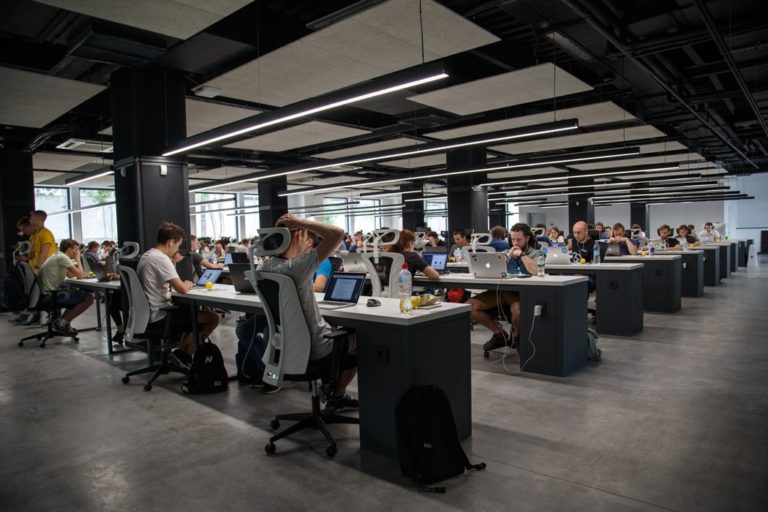When we think of the face of a company, we think about founders and CEOs. Although they are the few who receive recognition, all the employees who keep the companies running are the ones who make the difference. These employees are easily forgotten, and that is due to the dehumanizing processes that affect business today.
One of these processes is the “customers come first” model. This industrial age–idea remains a major problem in businesses today. To continue improving the quality of business and creating an incentive for employees to invest themselves in the company, high-level executives need to adopt an “employees come first” mindset.
External success for a business starts with internal success for its employees, and Betsy Raskin Gullickson, editor of the Best Practices section of Strategic Finance magazine, provides insight on this idea through her 2008 article titled “A Corporate Virus?” Although “bringing the human dimension into business isn’t easy,” according to Gullickson, she qualifies that investment in the people who run the business will pay off in the long run (14). She states that “the problem is institutional, but the solution is personal,” which is exactly what the Human Processes Continuum hopes to do for businesses: find a contemporary solution for industrial age–problems.
Today, we live in a different business environment than that of the industrial era, one that is continuing to evolve, and old world management principles are no longer working. John Marshall, Senior Partner and Global Director of Strategy at Lippincott, and Graham Ritchie, EVP and Chief Strategy Officer at Hill Holiday, co-authored a piece titled “Welcome to the Humans Era” that discusses how brands need to initiate change to appeal not only to the customers, but to the employees as well.
Now more than ever, customers want to invest in the companies they purchase products from, and this is why we see so many startups sharing their brand mission and story with the world. If customers see that companies support a cause or that its employees are proud to associate themselves with that company, they are more likely to pay attention to that business.
Another contributor to putting employees first is being proactive by starting with a long-term mindset. Essentially, humanizing your business is being proactive. As the business world leaps from the information age to the human age, the way a company will stand out is by displaying that it cares about its employees and customers.
Pointed short-term goals and victories will culminate into long-term benefits that will create an effective and healthy culture. This all starts from the inside of a business—with its employees—and the reason companies need to reflect on whether they utilize humanizing processes is to keep up with the times and not fall behind.
Everybody enjoys the feeling of being remembered, cherished, and appreciated, and that includes employees. To build a company from the inside out, ensuring that all employees feel like they are valued and that their perspectives are acknowledged makes a notable difference in their quality of life and, consequently, the quality of the business they represent.
Feedback is very important to me, and I’d appreciate hearing your thoughts and insight. What do you think companies can do to recognize their employees more? What effects do you think humanizing business will have for employees
Please connect with me on my social accounts @HilaryCorna, contact me on my website, and follow me on LinkedIn (even if we’re already connected). Thank you!














